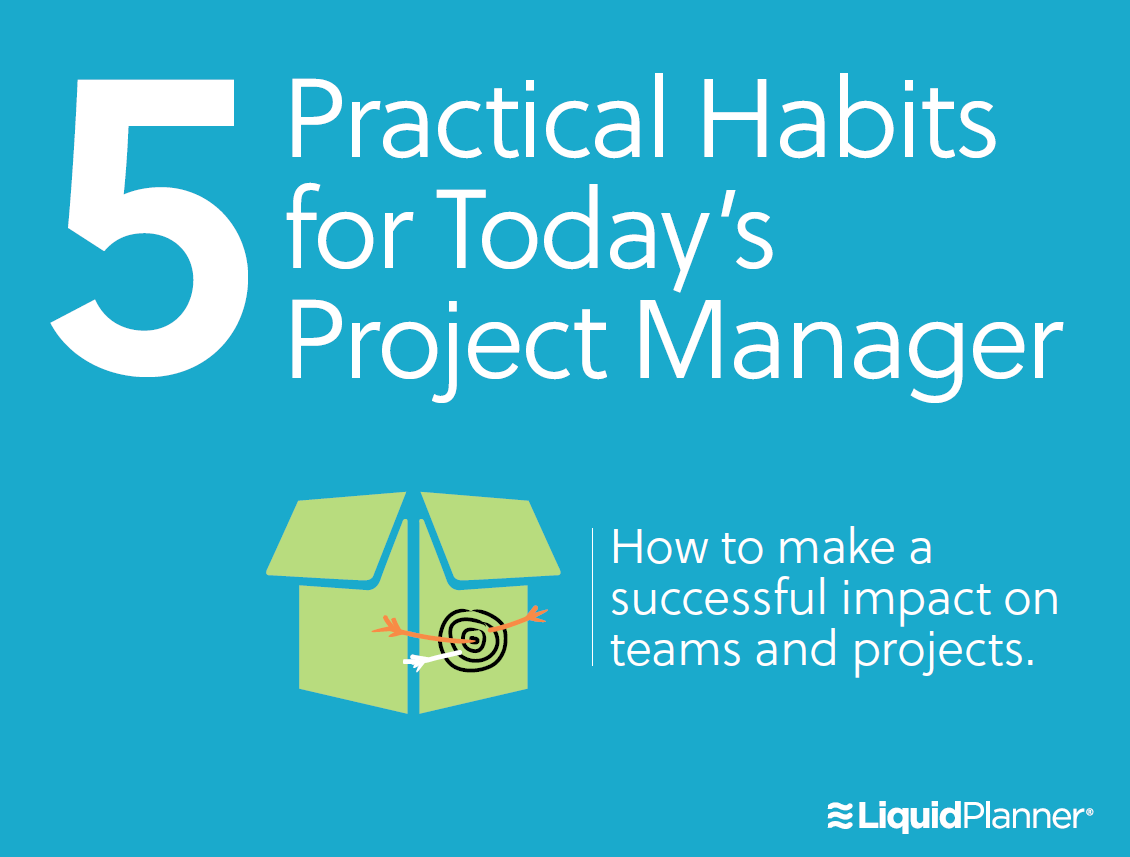Being a project manager is a big job. You’re the one team members and stakeholders turn to for day-to-day decision-making, direction, and issue resolution. There’s a lot you have to know and be accountable for. How do you keep on top of it all? Here are seven actions to focus on every day–cover these and you should be on your way to project management mastery.
1. Focus on customer needs
The single biggest success factor for a project is whether it delivers what the customers really need. Not only will that create a happy customer, but it will also dramatically increase your success as a project manager. The tricky part is that customer needs aren’t necessarily synonymous with what the customers say they want. Outstanding project managers focus on the customer’s real needs and seek to uncover the reasons behind the requirements. You accomplish this through inquiry and by consistently learning about the client’s business.
2. Keep your promises
As a project manager, it’s absolutely essential that what you say and do is credible, and that your clients and stakeholders trust you. When you take on an action or commit to a deadline—however big or small—always deliver work when you said you will. This is also true when it comes to following up with (or chasing down) team members on their action items. You will gain an enormous amount of respect for being effective, timely and reliable; and, it will be easier for you to plan and execute the project with minimal resistance. Set a good example in everything that you do.
3. Be proactive
The key to success for any manager and leader is to be proactive. You especially want to consistently focus your efforts and attention on the long-term, as opposed to being reactive in the present moment. Too often we get caught up in urgent or unimportant activities, and we procrastinate on what’s important: planning and initiating the project properly, writing the business case, learning about our client’s business, or taking the time to build strong relationships with our customers and team members. Don’t sit back and wait for things to happen. Make a habit of taking initiative.
4. Support your team
Your team is the project’s biggest asset, so nurture it and enable each individual team member to thrive. Allow for people’s individuality, play to their strengths and give them the support they need to succeed. To build a great team, spend one-on-one time with people on a weekly basis. Ask them what you can do to help, what they worry about and how you can assist them to work more effectively. Never be afraid to ask questions and to lend a helping hand. One of your most important roles of a manager is to remove blockages so that your team can get on with its work.
5. Delegate
If you are to add maximum value, you must learn to delegate. This will help you create space to concentrate on the big picture and on the strategic aspects of the project. Tracking timesheets, taking minutes and planning detailed work streams are important aspects of a project, but it’s not important that you do them. Get a project administrator on board or train your senior team leads to take on a more senior role. Not only do you develop their skill set, but you also free yourself up to focus on customer relationships, communication, team collaboration, and team building, and setting the business vision.
6. Challenge the status quo
It’s no longer enough to turn up for work and deliver a project the way we used to. The global crisis has meant that everything is being scrutinized and that executives are constantly on the look-out for how we can deliver change in a better, cheaper and faster way. You need to challenge the status quo on a daily basis in order to identify how the team can work smarter, what new technologies you can employ, the extra benefits that you can deliver, and how project processes can be improved.
7. Stay calm under pressure
As a project manager, you are under daily pressure to deliver, make decisions and sort out issues. You need to set a great example by managing your state of mind and remaining calm when the pressure is on. Maintain a balanced perspective and think of solutions rather than placing blame or making knee-jerk decisions. In situations of conflict, take on the role of a mediator and convey both sides of the argument. Whatever you do, do it well. The way you conduct yourself becomes a model for your team. You can’t expect anything more from them than what you can give.
If you found this article helpful, there’s more. Learn how to take your project management skills to the next level. Download the eBook, 5 Practical Habits for Today’s Project Manager.

This article first appeared on Susanne Madsen’s Developing Project Leaders blog. Susanne’s latest book, “The Power of Project Leadership” is available through Amazon.







